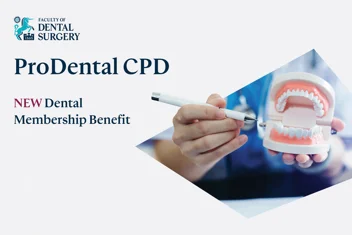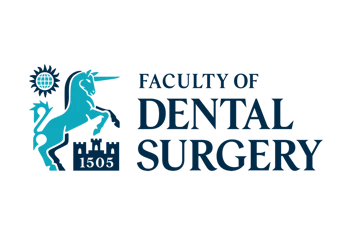Featured RCSEd News
News Library
RCSEd Launches RewardEd: Exclusive New Benefits Platform for UK Fellows
The College is proud to announce the launch of RewardEd, a brand-new benefits platform designed exclusively for our UK Fellows. This exciting initiative offers access to a wide range of discounts, special offers, and exclusive RCSEd perks across a variety of categories - including technology, fashion, health & fitness, food, travel and family days out.

Call for Applications: SASLED Committee Roles
The Royal College of Surgeons of Edinburgh is inviting applications for vacancies on the SASLED committee, with effect from November 2025. This is an exciting opportunity to contribute to the development and representation of SAS and LED professionals within the College.

RCSEd Launches New Dental Membership Benefit – ProDental CPD
The Royal College of Surgeons of Edinburgh (RCSEd) is proud to announce the launch of ProDental CPD, a new benefit for its Dental Fellows and Members in good standing. This dynamic, industry-leading platform offers unlimited access to accredited, high-quality CPD resources, supporting the ongoing professional development of the whole dental team.
Dental

Call It Out: RCSEd’s Commitment to Eradicating Sexual Misconduct in Surgery
Since 2017, our ‘Let’s Remove It Hub’ has been dedicated to tackling bullying and undermining across the surgical workforce. In our continued efforts to foster a safer environment, we recently updated the Hub to include tools to help eradicate sexual misconduct from our profession.

Announcing Global CARE: Creating Access to Resources and Education
The College is proud to launch Global CARE (Creating Access to Resources and Education), formerly the Global Surgery Foundation. Established in 2015 by Richard Montgomery, this initiative has been rebranded to better reflect our expanded mission of addressing healthcare inequality worldwide by building sustainable surgical & dental capacity in communities suffering from chronic shortages of care.











